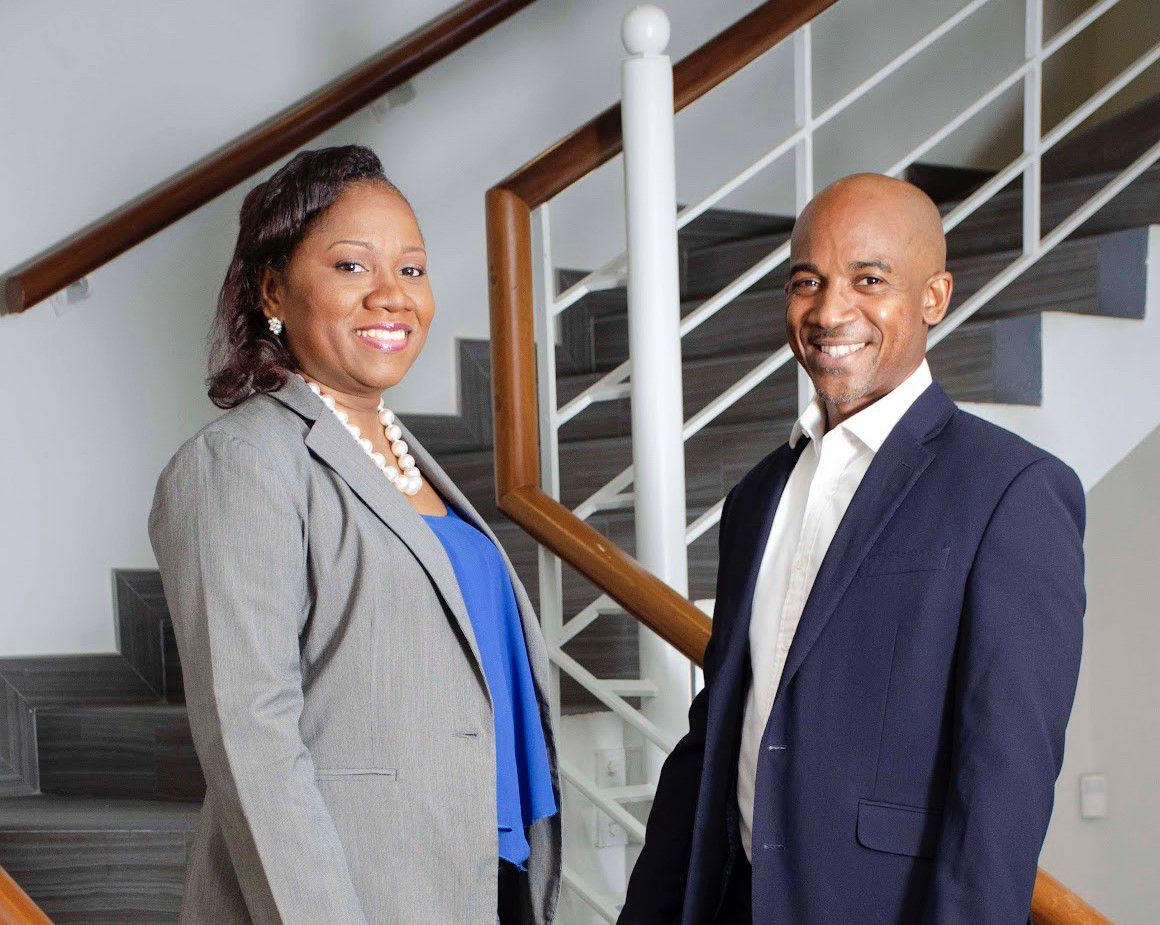“One of the most significant benefits of technology is its ability to automate tasks and processes. This automation not only boosts efficiency but also elevates productivity to new heights.”
Discover why Yolande is excited about how organizations across the Caricom region unlock new opportunities with modern technology.


What do you love most about your work?
What I truly love about my work is the opportunity to wear two hats – one focused on technology and the other on business performance and improvement - it's the perfect blend of my passion and expertise.
I also love that I get to harness the power of technology to drive process improvements. This involves a deep dive into our clients' challenges and peeling back the layers to uncover their core issues. I examine every facet of their organization, from their technological infrastructure to the individuals who play pivotal roles in the processes that require enhancement. I scrutinize the governance and controls, and I carefully assess how data is managed within them. With all this insight in hand, I craft a roadmap that paves the way for the organization's future state. It sounds like the sort of thing for a superhero, but I've always been a problem solver, so I love it! It’s incredibly rewarding to collaborate with our clients to solve their issues and facilitate their transformation journey to becoming more efficient.
What role does technology play in enabling organizations to achieve more with fewer resources?
Technology plays a pivotal role in empowering organizations to accomplish more with fewer resources, and it is a remarkable force for positive change.
In today's fast-paced world, technology is not just an asset, it's a necessity for organizations looking to thrive and remain competitive while adding value to its customers. It allows them to eliminate or substantially reduce manual, resource-intensive processes that can be both time-consuming and costly. This then leads to greater focus on the bigger picture: ‘how can technology become an ally in supporting and enhancing the organizational processes?’
As such, from my perspective, one of the most significant benefits of technology is its ability to automate tasks and processes. This automation not only boosts efficiency, but also elevates productivity to new heights. As a result, organizations can implement and maintain lean operations, with reduced operating costs, enabling them to allocate resources where they matter most — fueling growth, innovation and enhancing customer value.
I must point out that in many circles, when we discuss automation and technology, concerns about job displacement arise. That’s why at KPMG, we place a strong emphasis on change management to address these concerns head-on. Our approach ensures that clients and their employees fully understand how technology transformation can impact their day-to-day roles. While it's true that some roles may evolve or change as technology becomes more integrated, it doesn't necessarily translate into job losses. Instead, technology often augments employees' roles and reshapes job descriptions to align with the new tools and methods at their disposal.
“While it's true that some roles may evolve or change as technology becomes more integrated, it doesn't necessarily translate into job losses. Instead, technology often augments employees' roles and reshapes job descriptions to align with the new tools and methods at their disposal.”
- Yolande Oliver, KPMG Caricom


What is your advice to organizations that want to achieve their technology transformation but have limited resources?
My number one advice to organizations that are keen on embracing technology transformation, despite resource constraints, is to approach it with strategic prioritization.
It is very important to recognize that you may not be able to implement all the desired technology features simultaneously because of the limited resources, whether financial, spatial, or network-related, which may necessitate a phased approach.
One approach would be to start by identifying the processes that are most costly, due to their lack of technological support, and make these the initial focus areas. It’s also important to consider which modules of a technology system can bring the most significant efficiency gains to those processes and start there.
This deliberate approach allows you to make tangible progress and unlock the benefits of technology transformation progressively.
What is it about KPMG’s approach and its people that make the difference?
The distinctive KPMG approach stems from our unwavering commitment to delivering exceptional value to our clients. At the heart of our approach is adaptability—our constant evolution in response to the ever-changing digital landscape.
Our team of specialists are at the forefront of innovation, equipped to provide expertise and solutions spanning a wide spectrum of transformations—be it enterprise, functional, digital, or redefining business models. We utilize "blueprints" that expedite our response to clients' transformation needs, ensuring agreed-upon deliverables are met. These blueprints represent globally tested and proven success metrics for every sector, enabling us to pinpoint the gaps in our clients' processes, hindering them from reaching global industry benchmarks.
Furthermore, our approach incorporates robust methodologies like KPMG Connected Enterprise and our Transformation Management model, each tailored to work to our clients' advantage. It's these very elements that set the KPMG approach apart, delivering results that matter and propelling our clients toward success in their transformative journeys.
Where do you feel you make the difference in your role?
In my nearly two-decade journey with KPMG, I've found my place in making a meaningful difference. It begins with understanding the strategic aspirations of management and the challenges that both management and staff face in meeting these expectations with their current tools or methodologies.
When I engage with clients and employees across various organizational tiers, and delve into functional areas such as Information Technology, Finance or Human Resource, I make the difference by creating strategic roadmaps that lead to the development of analytical tools to enable faster, and more informed decision-making.
I take pride in one particular transformation engagement in Barbados, where I had the opportunity to train individuals in business process management. These individuals, armed with newfound knowledge, then spearheaded numerous transformation initiatives in Barbados that made the difference in the way that government conducted public-facing interactions with its citizens. This experience exemplifies how my impact extends beyond the confines of organizational walls, touching the lives of citizens and making a tangible, positive difference.



